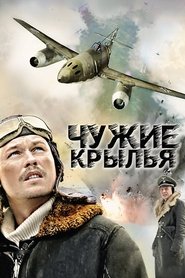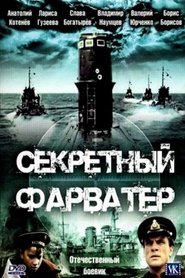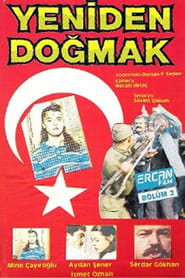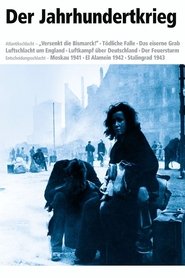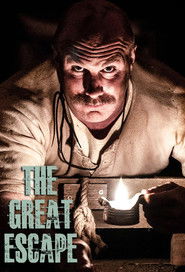War Politics TV Series - Page 102
-
The Howard Years
2008
The Howard Years
2008
The Howard Years was a documentary series about the prime ministership of John Howard produced by the Australian Broadcasting Corporation. It was divided into four one-hour episodes - one episode for each term Howard served as Prime Minister of Australia - and originally broadcast on ABC1 from 17 November to 8 December 2008. -
Brug, De
1990
-
Debates Eleições Autárquicas 2025
2025
A series of debates with the candidates for City Council of the district capitals of mainland Portugal. Leading up to the local elections, RTP is hosting a series of debates featuring the candidates for the district capitals. -
The Running Mate
2007
The Running Mate
2007
star 10In Kerry, Ireland, a candidate for political office forms an alliance with an unlikely partner when his campaign is not going according to plan. -
Salas u malom ritu
1976
Salas u malom ritu
1976
star 10Adventures of a small boy with a big heart and lots of courage during the Nazi occupation of Vojvodina. -
The Empire Files
2015
The Empire Files
2015
star 8From inside history's biggest empire, host Abby Martin records a world shaped by war & inequality, and explores the U.S. Empire, its rise to world hegemony and its impact on people and the planet. -
Mahkota Majapahit
1994
-
Die Gestapo
2004
Die Gestapo
2004
-
Chuzhie krylya
2011
-
Secret Fairway
1988
Secret Fairway
1988
star 8.2Year 1944 ... Year breakthrough victorious in World War II, but in the Baltic theater of naval battles yet quiet. The line of duty, the commander of a torpedo boat Boris Shubin accidentally discovers a secret German submarine fairway unmarked. An emergency throws it on the "Flying Dutchman" and makes it possible to lift the veil of the strictest secrecy of the Third Reich, which surrounds it ... -
Yeniden Doğmak
1987
Yeniden Doğmak
1987
-
Le Roi mystère
1991
Le Roi mystère
1991
-
Reporting America at War
2003
Explores the role of American journalists in the pivotal conflicts of the 20th century and beyond. From San Juan Hill to the beaches of Normandy, from the jungles of Vietnam to the Persian Gulf, reporters who witnessed and wrote the news from the battlefield share dramatic and surprising stories. Examines the challenges of frontline reporting and illuminates the role of the correspondent in shaping the way wars have been remembered and understood. -
Der Jahrhundertkrieg
2002
-
Sicília sense morts
2022
Sicília sense morts
2022
-
Keris Empu Gandring
2004
-
The Great Escape
2021
The Great Escape
2021
star 8The story of the audacious Second World War prison break immortalised in the classic 1963 film, when 76 men tunnelled out of a German prison camp in March 1944 on a mission to cause mayhem in the heart of the Third Reich. The opening instalment reveals how the PoWs set about building three huge tunnels and preparing 200 men for escape from Stalag Luft III








